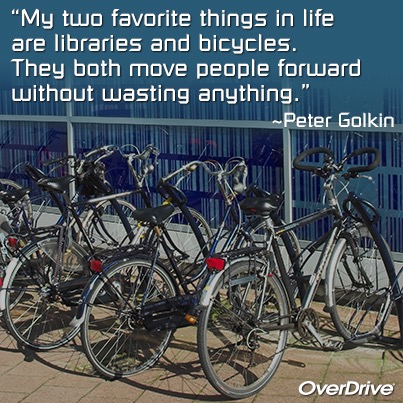Oral Statement at World Intellectual Property Organization copyright committee (sccr 31)
Millions of consumers in Europe and the United States represented by TACD are in favour of the role public libraries in providing access to knowledge, research and preservation.
Recently we have commemorated 800 years of the Magna Carta and the Charter of the Forest that safeguarded the use and access of the common good from unreasonable, private enclosure. It limited the power of the monarchy to exercise its complete power over its properties. Today we are facing many attempts to enclose the digital and cultural sphere to prevent access to what should be the immaterial knowledge commons. International instruments for exceptions and limitations could prevent this.
Preservation of our cultural heritage should be a global public good and a part of our global knowledge commons.
Archives provide researchers with copies, aid scientific endeavors and preserve our cultural legacy. To ignore that we are in a digital age that can reinforce and enrich common knowledge is neither rational nor morally acceptable. It is not an alternative to impose cumbersome and expensive licensing schemes.
The right to reproduction is also needed for supplying copies for use, repair, lending and sharing between libraries and for individuals. Why deny exceptions and create barriers to this public non-profit service that helps many and hurts no one? There is no empirical objective evidence of substantial “negative unintended consequences.” by library activities.
It is quite surprising that the European Union that has recently presented a proposal for a reform of its copyright laws, with clear proposals for exceptions and limitations for text and data mining, disabilities and other areas but at the same time it is not willing to extend these initiatives to the rest of the world.
EU´s new copyright proposal that has just been released to reform the existing 2001 Information Society Directive. It states:
|
“The EU exception authorizing libraries and other institutions to allow on-screen consultation of works for research and private study only applies to terminals on the libraries’ physical premises, which does not take into account today’s technological possibilities for remote consultation. Lastly, the EU exception on preservation activities by cultural heritage institutions also needs attention, notably because Member States often do not take digital formats into account when implementing the exception at national level.25 The Commission will take action to ensure that the EU framework on exceptions that is relevant for access to knowledge, education and research is effective in the digital age and across borders. |
|
To allow public interest research organizations to carry out text and data mining of content they have lawful access to, with full legal certainty, for scientific research purposes; ? provide clarity on the scope of the EU exception for ‘illustration for teaching’, and its application to digital uses and to online learning; ? provide a clear space for preservation by cultural heritage institutions, reflecting the use of digital technologies for preservation and the needs of born-digital and digitized works; ? support remote consultation, in closed electronic networks, of works held in research and academic libraries and other relevant institutions, for research and private study; “ Why can´t the EU enter into a parallel discussion here at WIPO about similar exceptions and limitations could be enacted for the libraries of the world? What is acceptable for the European Union needs to be extended to the rest of the world for universal access to culture, education and science. |
